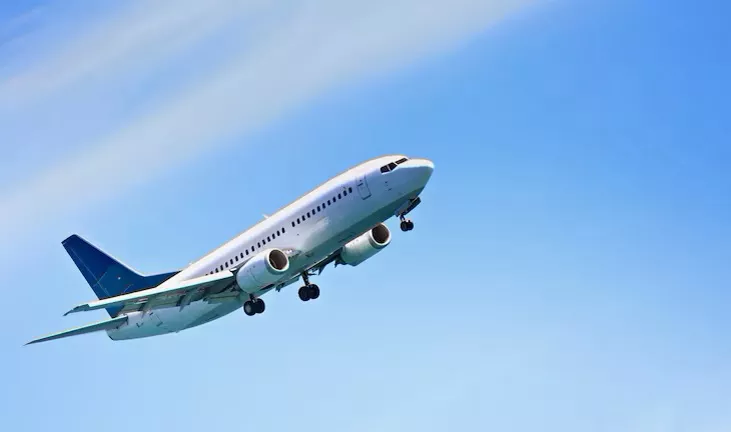Becoming a commercial airline pilot is a dream for many aviation enthusiasts. However, the journey to the cockpit involves rigorous training and significant financial investment. The question arises: do any airlines pay for pilot training? The answer is yes; several airlines offer programs to sponsor or reimburse pilot training costs. These initiatives aim to attract and develop skilled pilots to meet the industry’s growing demand.
Understanding Airline-Sponsored Pilot Training
Airline-sponsored pilot training programs are designed to alleviate the financial burden on aspiring pilots by covering training expenses. These programs vary in structure, benefits, and commitments. Typically, they fall into two categories:
- Cadet Pilot Programs: Airlines select candidates and provide comprehensive training, often covering the entire cost.
- Pilot Training Sponsorships: Airlines offer financial assistance or loan programs to support training, which may require reimbursement through future employment.
Airlines Offering Pilot Training Support
Several airlines worldwide have recognized the need to invest in pilot development. Here are some notable examples:
TUI Airways
TUI Airways, a British airline, offers a fully funded pilot training scheme. The 19-month program trains cadet pilots to operate Boeing 737 aircraft. TUI covers all training costs, including course fees, license fees, accommodation, equipment, and uniforms. Trainees receive a salary of £32,867 per year during training, with deductions to recover training expenses over the first four years of employment. This initiative aims to increase diversity and provide opportunities for individuals who may not afford upfront training costs.
Aer Lingus
Aer Lingus has reopened its Future Pilot Programme, aiming to develop 90 pilots over five years. The 14-month training course is fully sponsored, leading to a multi-crew pilot’s commercial license. Training occurs at international pilot academies and the Aer Lingus Training Academy in Dublin. The program emphasizes diversity, with current female representation at 11%, and encourages more female applicants. Applicants must be over 18 and meet specific educational requirements.
Delta Air Lines
Delta Air Lines offers the Delta Propel Pilot Career Path Program, providing financial support for pilot training. The program includes scholarships covering up to $20,000 in training costs and assistance with interest payments on student loans from select lenders. After obtaining initial certifications, cadets can become certified flight instructors, with further sponsorship to reach 1,500 flight hours. This pathway offers a structured career progression within Delta.
Emirates
Emirates provides a Cadet Pilot Programme that covers 2.5 years of training, including a bachelor’s degree. Successful candidates receive a monthly stipend of $6,000 and a $100,000 signing bonus. Upon completion, pilots are guaranteed a first officer position with Emirates. This comprehensive program is designed to attract top talent to the airline.
Qantas
Qantas offers a Direct Entry First Officer Cadet Programme for Australian residents. The 18-month training includes a degree in aviation studies. Qantas provides a salary of AU$150,000 to AU$170,000 per year, plus a bonus of AU$10,000. This program aims to develop pilots ready to operate Qantas aircraft.
Benefits of Airline-Sponsored Training
Participating in an airline-sponsored training program offers several advantages:
- Financial Relief: Trainees are relieved from bearing the full cost of pilot training, which can exceed $100,000.
- Structured Career Path: These programs often guarantee employment upon successful completion, providing a clear career trajectory.
- Diversity and Inclusion: Airlines aim to create diverse pilot communities, offering opportunities to individuals from various backgrounds.
Considerations and Commitments
While the benefits are substantial, there are important considerations:
- Employment Bonds: Trainees may be required to commit to a certain number of years with the sponsoring airline post-training.
- Geographical Limitations: Some programs are region-specific, limiting opportunities to residents of certain countries.
- Competitive Selection: Admission into these programs is highly competitive, with stringent eligibility criteria.
Alternative Funding Options
For those unable to secure airline sponsorship, alternative funding options include:
- Government Loans and Grants: Some governments offer financial assistance for pilot training to address national pilot shortages.
- Scholarships: Various aviation organizations and educational institutions provide scholarships to aspiring pilots.
- Self-Funding: Individuals may choose to finance their training through personal savings or loans, with the understanding of future earning potential as pilots.
Conclusion
The aviation industry faces a growing demand for qualified pilots, leading many airlines to invest in training programs to cultivate future talent. Airline-sponsored pilot training offers financial support, structured career paths, and opportunities for diversity. However, aspiring pilots must carefully consider the commitments and conditions associated with these programs. Exploring all available options, including scholarships and alternative funding, is essential to embarking on a successful aviation career.

